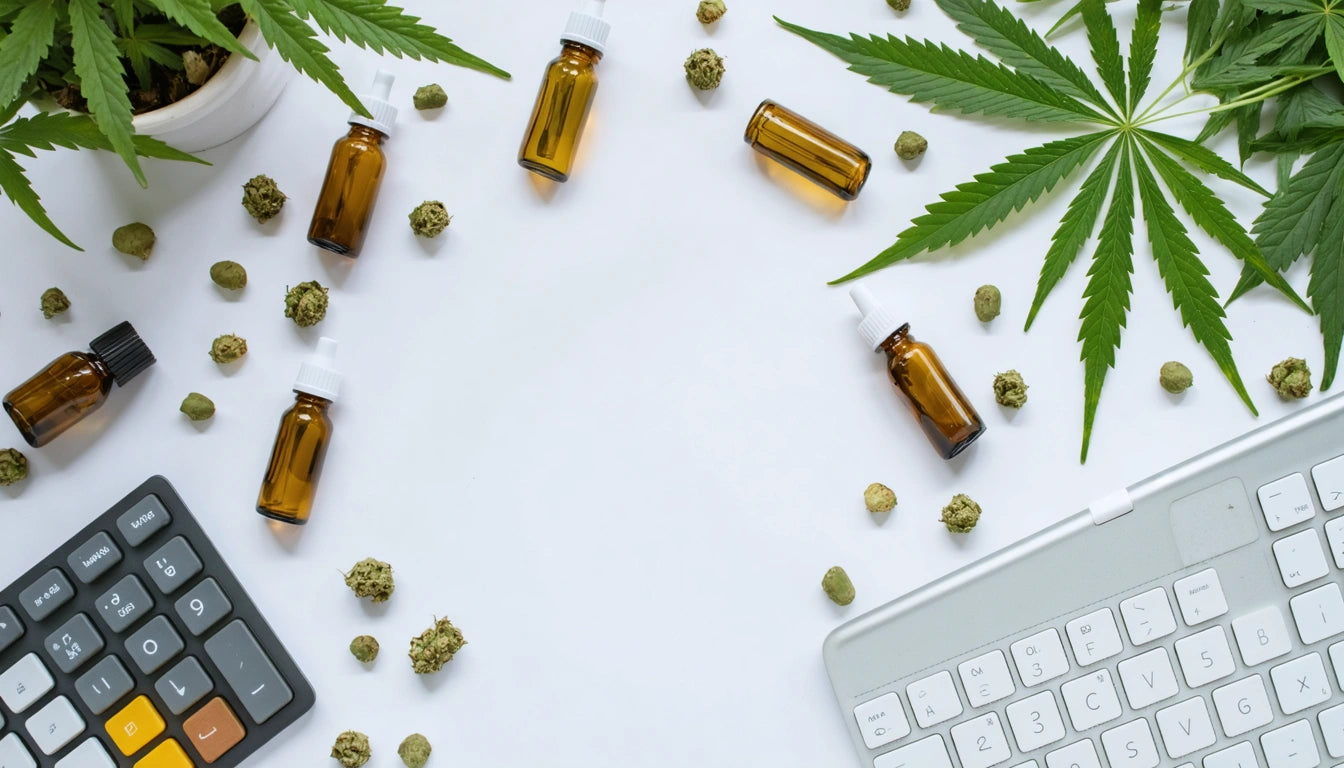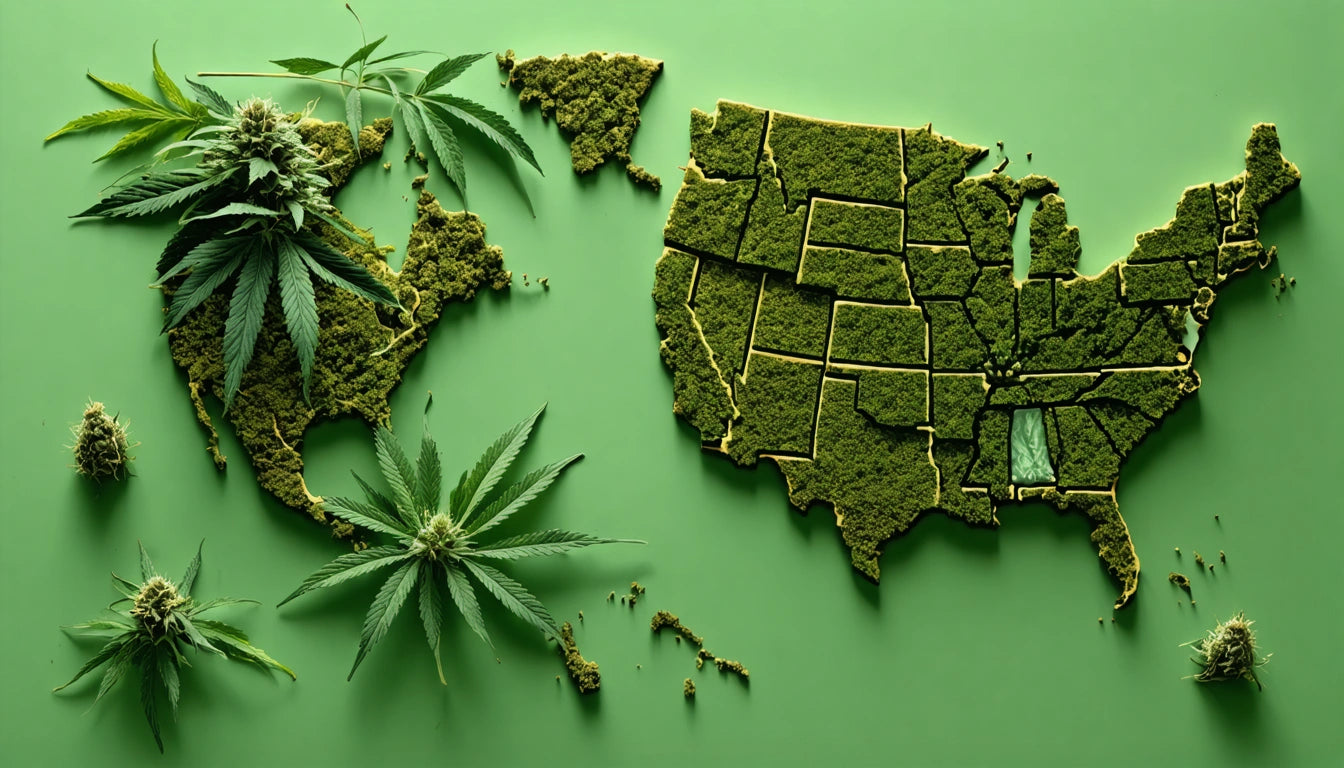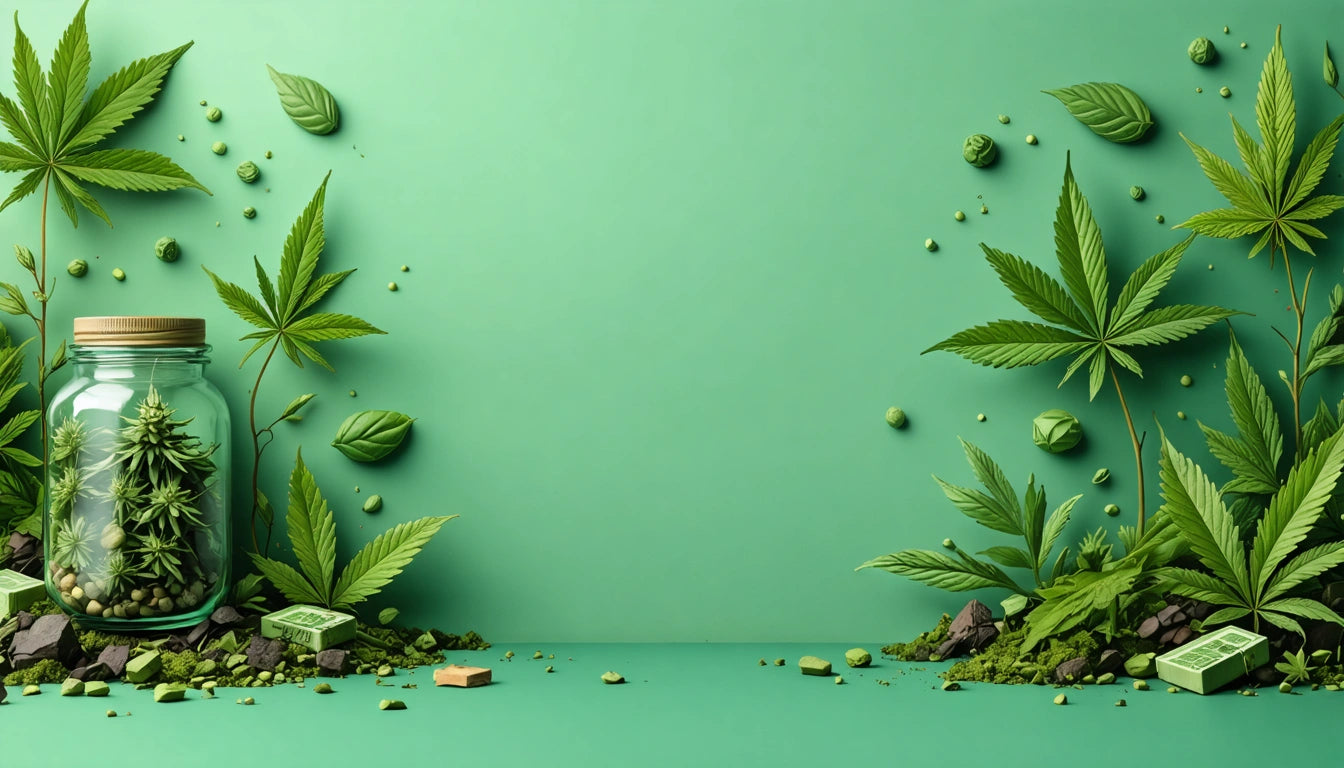Table of Contents
Can Cannabis Use Lead to Night Sweats and Sleep Disturbances?
Many cannabis users report experiencing night sweats and sleep disturbances, raising questions about the relationship between marijuana consumption and these uncomfortable symptoms. While cannabis is often used to help with sleep, it can paradoxically cause sleep problems for some users, particularly during periods of heavy use or withdrawal.
The Cannabis and Night Sweats Connection
Night sweats, characterized by excessive perspiration during sleep, have been reported by both active cannabis users and those discontinuing use. The question "can weed cause night sweats" is common among consumers experiencing these symptoms. Research suggests there are several mechanisms through which cannabis might influence sweating patterns and sleep quality.
According to research on cannabis and excessive sweating, THC (tetrahydrocannabinol) can affect the hypothalamus, the brain region responsible for regulating body temperature. This interference may lead to improper temperature control during sleep, resulting in night sweats for some users.
How THC Affects Body Temperature Regulation
THC interacts with the endocannabinoid system, which plays a crucial role in thermoregulation. When cannabis is consumed, particularly in higher doses, it can temporarily disrupt normal temperature control mechanisms. This disruption manifests differently among users:
- Some experience hypothermia (lowered body temperature)
- Others report hyperthermia (elevated body temperature)
- Many notice increased perspiration, especially during sleep
For cannabis flower users concerned about preservation and potency, using proper humidity control products can help maintain optimal moisture levels and potentially reduce harsh effects that might contribute to sleep disturbances.
Cannabis Effects on Sleep Cycles and Quality
The relationship between cannabis and sleep is complex. While many users report that cannabis helps them fall asleep, research shows it significantly alters sleep architecture. The question "can weed keep you up at night" reflects this paradoxical effect.
According to studies on cannabis and sleep patterns, THC typically reduces REM sleep, the phase associated with dreaming. This reduction may initially seem beneficial for those with PTSD or nightmare disorders, but long-term REM suppression can lead to various cognitive and mood issues.
Cannabis Sleep Disruption Patterns
Cannabis can disrupt normal sleep patterns in several ways:
- Reducing time spent in REM sleep
- Increasing time in deep sleep initially
- Potentially causing rebound insomnia with regular use
- Contributing to night sweats, particularly during tolerance breaks
These effects vary based on consumption methods, dosage, and individual differences in metabolism and sensitivity to cannabinoids.
Cannabis Withdrawal and Night Sweats
For regular users who stop or reduce consumption, the question "can stop smoking weed cause night sweats" becomes particularly relevant. Cannabis withdrawal syndrome is now recognized clinically, with night sweats being a common symptom.
When regular users discontinue cannabis, the endocannabinoid system must readjust to functioning without external cannabinoids. This readjustment period often includes:
- Pronounced night sweats
- Sleep disturbances and vivid dreams
- Irritability and mood changes
- Temperature regulation issues
These symptoms typically peak within the first week of abstinence and may persist for up to two weeks or longer in heavy, long-term users. Research on cannabis elimination suggests that sweating is one way the body attempts to eliminate THC metabolites, which may partially explain the increased perspiration during withdrawal.
Managing Cannabis-Related Night Sweats
For those experiencing night sweats related to cannabis use or withdrawal, several management strategies may help:
- Gradual tapering rather than abrupt cessation
- Maintaining cool sleeping environments
- Using moisture-wicking bedding and sleepwear
- Staying hydrated while avoiding alcohol and caffeine
- Practicing good sleep hygiene
For medical cannabis patients concerned about these side effects, discussing alternative cannabinoid profiles or consumption methods with healthcare providers may be beneficial. Products with different THC:CBD ratios might produce fewer thermoregulatory effects while still providing therapeutic benefits.
Research Insights and Practical Recommendations
Current research on cannabis, night sweats, and sleep disturbances points to individualized responses based on consumption patterns, product types, and personal physiology. Studies on cannabis and sleep quality indicate that while occasional use may temporarily improve sleep for some, regular heavy use often leads to tolerance, dependency, and subsequent sleep disturbances.
For consumers seeking to minimize night sweats and sleep disruptions while using cannabis:
- Consider lower THC products or balanced THC:CBD ratios
- Avoid consumption close to bedtime
- Monitor personal responses to different strains and products
- Take regular tolerance breaks to prevent dependency
- Consult healthcare providers about persistent symptoms
Understanding the complex relationship between cannabis, body temperature regulation, and sleep architecture can help users make informed decisions about consumption patterns that minimize unwanted effects like night sweats while maximizing potential benefits.











Leave a comment
All comments are moderated before being published.
This site is protected by hCaptcha and the hCaptcha Privacy Policy and Terms of Service apply.